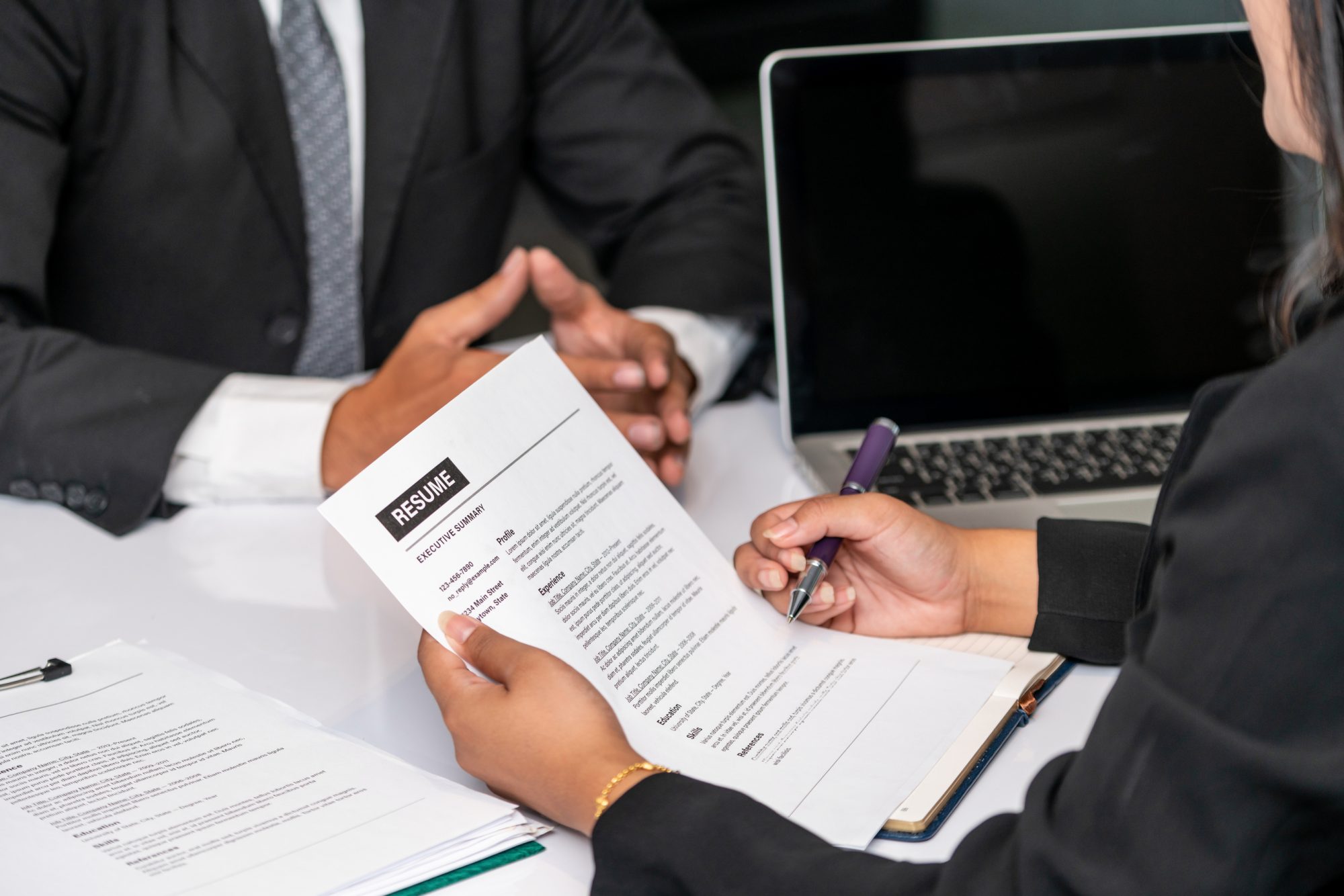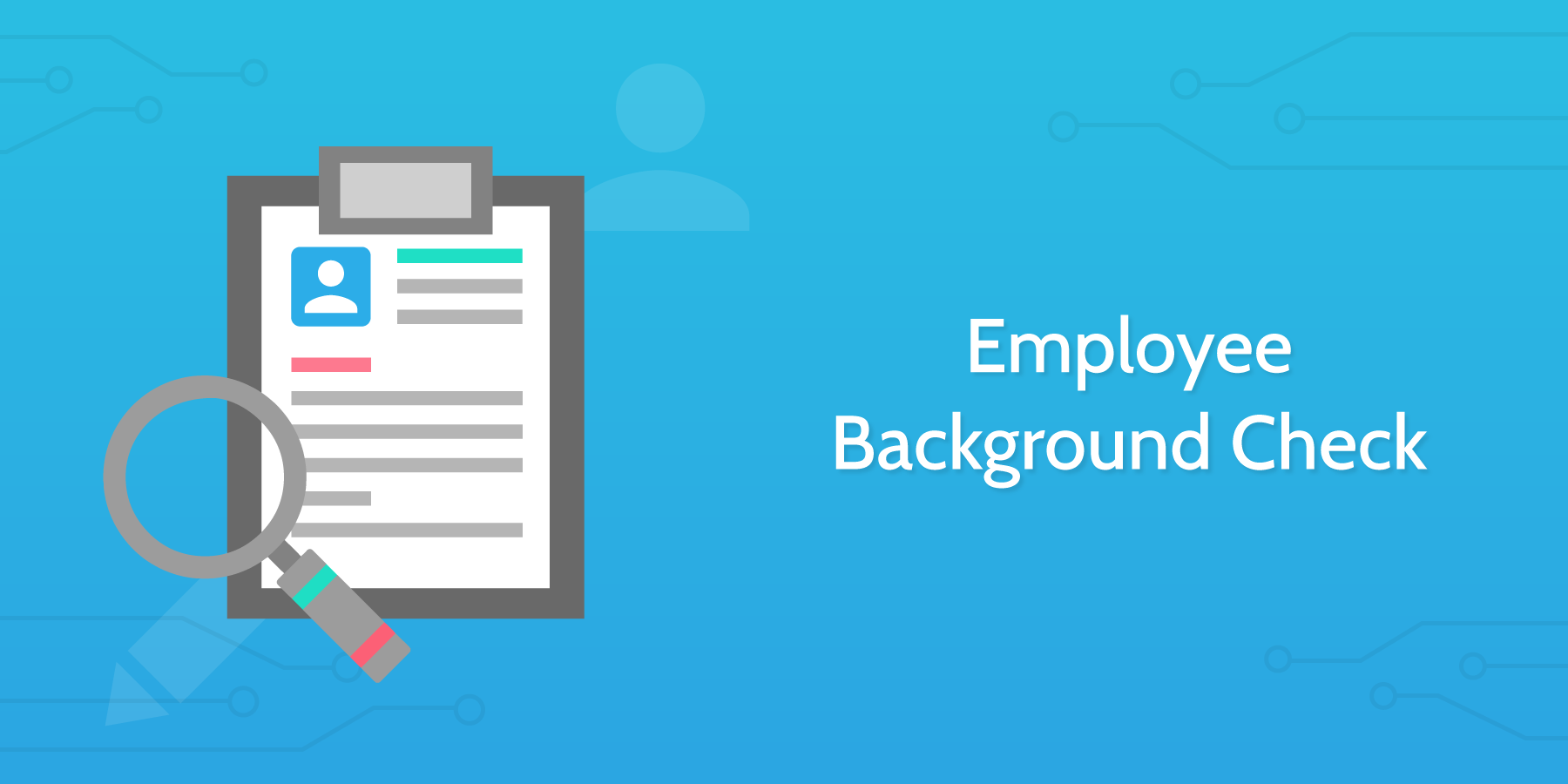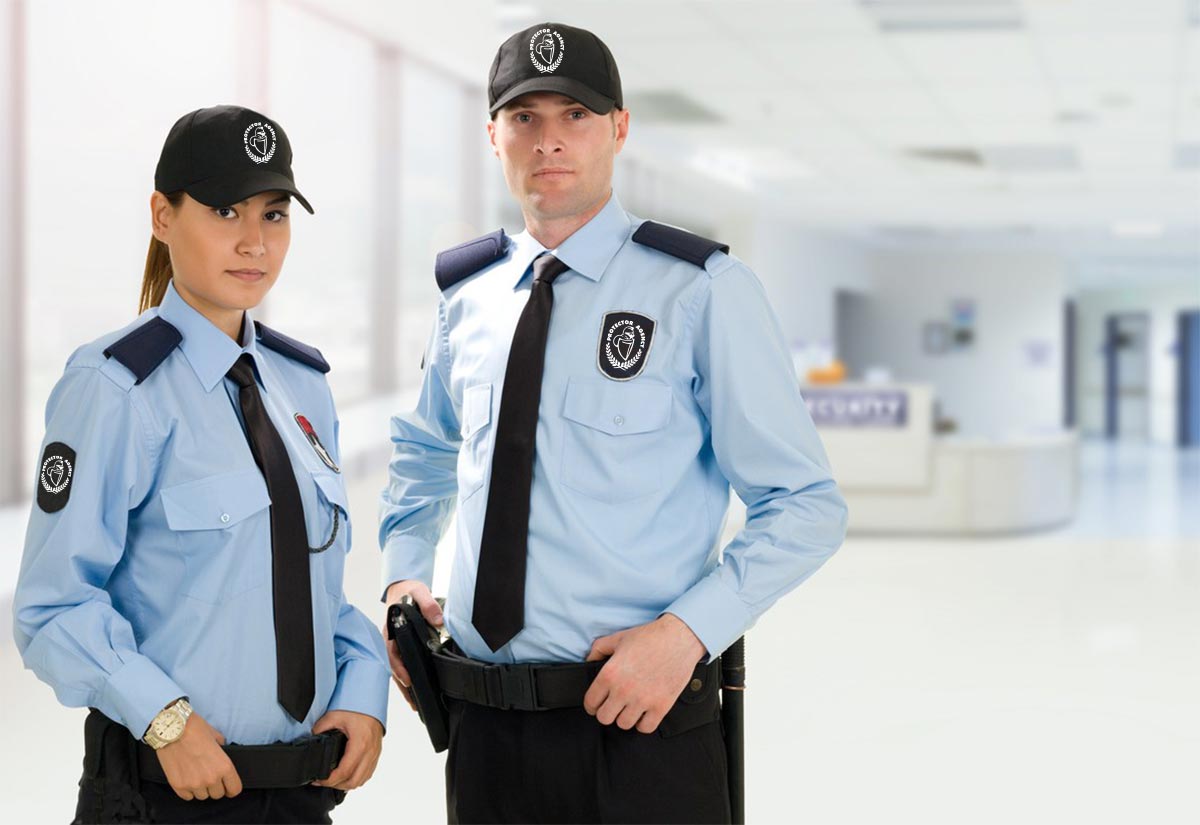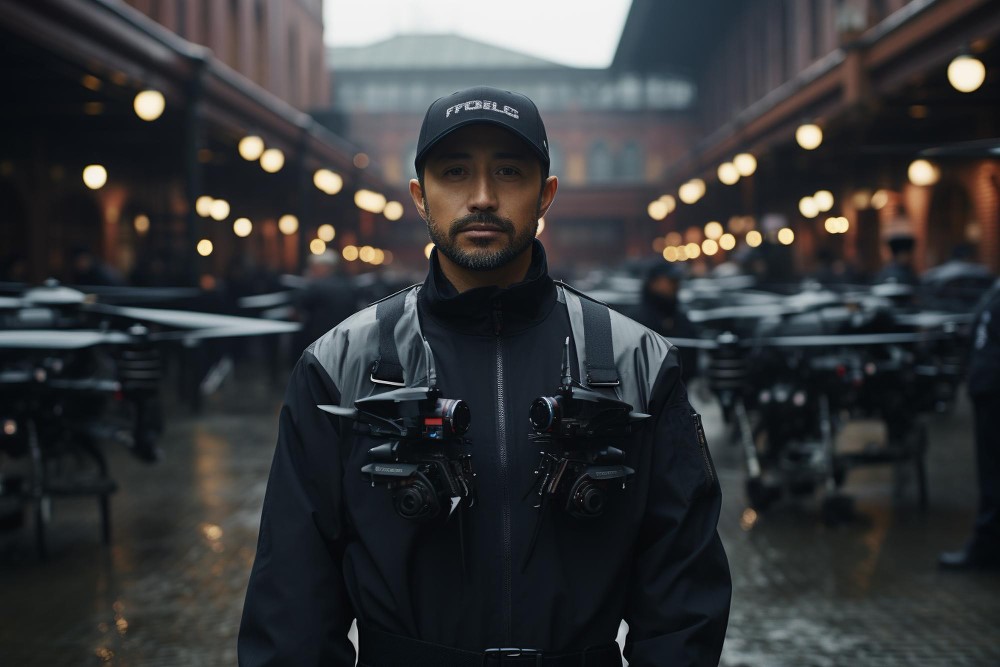
- Home
- Employer Resources, Industry Insights
- The Importance of Background Checks in Private Security Hiring
The Importance of Background Checks in Private Security Hiring
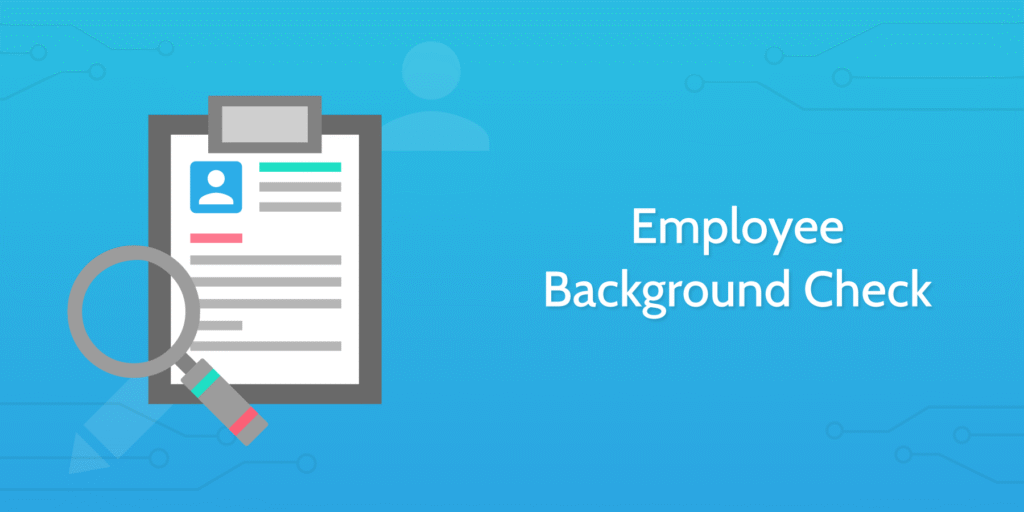
Why Trust, Vetting, and Due Diligence Are Non-Negotiable
In private security, trust is not a bonus — it’s the foundation. Whether hiring an unarmed guard for a retail outlet, an armed officer for a high-risk facility, or a private investigator to handle sensitive information, employers are responsible for ensuring that the professionals they bring on board are reliable, responsible, and qualified.
This is where background checks play a crucial role. They are more than a regulatory requirement — they are a necessary step in preserving public safety, protecting assets, and maintaining a company’s credibility.
In this post, we’ll explore why background checks matter, what they typically involve, and how both employers and candidates can approach them with transparency and professionalism.
Why Are Background Checks Important in Security Hiring?
Security personnel are given a high level of responsibility. They’re often:
Granted access to secure areas
Trusted with client and company property
Placed in direct contact with the public
Expected to respond during emergencies
Hiring someone without properly vetting their past could result in financial losses, legal issues, safety risks, or brand damage.
Here’s why a background check is essential:
Verifies the candidate’s identity and employment history
Ensures the applicant is who they say they are and has valid experience.Screens for criminal offenses or violent history
Identifies potential red flags that might disqualify a candidate from working in a position of authority.Confirms licensing and certifications
Especially important for armed guards or specialized roles requiring legal authorization.Mitigates liability
Hiring a poorly vetted guard who later commits a crime or fails in duty can result in lawsuits or regulatory penalties.Protects your clients and the public
Especially for executive protection or residential security roles, where trust and discretion are everything.
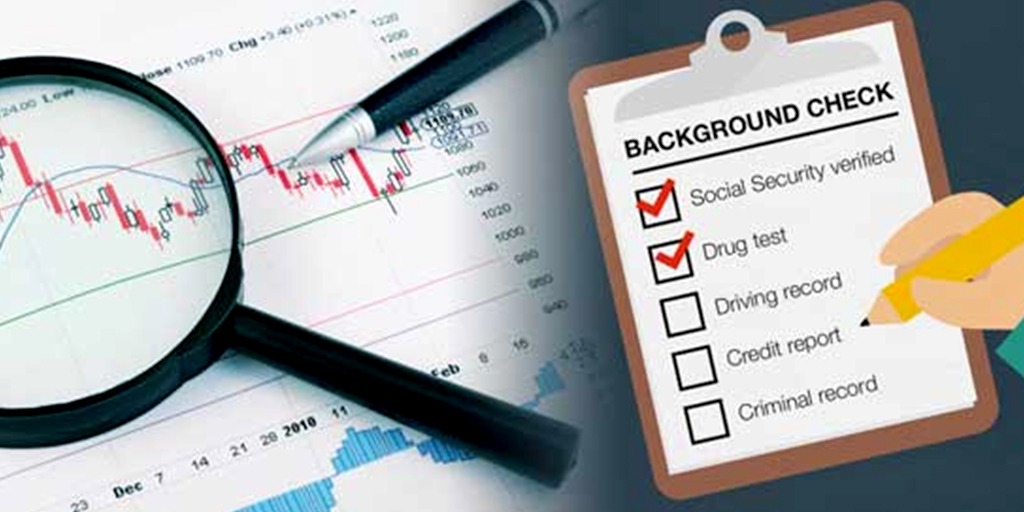
What Do Background Checks Typically Include?
Depending on the role and local laws, background checks for security jobs may cover:
Criminal record search (local, state, federal)
Employment verification
Education and certification validation
Drug testing
Credit checks (for positions involving sensitive financial data)
Reference checks
Driver’s license and driving history (especially for mobile patrol or armored transport roles)
For armed roles, many employers also require:
Firearms licensing check
Psychological evaluation
Mental health or substance use history
What Employers Should Know
Comply with legal regulations: Every state or country has different rules regarding what you can and cannot ask during background screening. Ensure your process follows employment and privacy laws, such as the FCRA in the U.S.
Be consistent: Use the same standards for every candidate to avoid discrimination claims.
Partner with trusted screening agencies: Choose background check providers that specialize in security industry needs and have updated access to government databases.
What Candidates Should Know
If you’re applying for a security role, a background check is not something to fear — it’s a routine part of the hiring process. Here’s how to prepare:
Be honest on your application – Discrepancies in work history or unreported convictions can be worse than the issue itself.
Get a copy of your own records – Know what shows up so you can address it ahead of time.
Maintain clean certifications – Keep all licenses current and compliant with your region’s standards.
Demonstrate growth – If you have minor past offenses, focus on showing rehabilitation, retraining, or years of strong work history since.
What If a Candidate Fails a Background Check?
Not all offenses automatically disqualify someone — but violent crimes, recent felony convictions, fraud, or revoked licenses typically raise red flags.
Employers should review each case individually, considering:
Time since the offense
Type and severity of the violation
Evidence of rehabilitation
Job relevance to the offense
Final Thoughts
In the private security industry, trust is currency. Background checks protect everyone — the employer, the client, the public, and even the job seeker who has invested in building a legitimate career.
By taking the time to vet candidates thoroughly, companies show that they value professionalism, safety, and accountability. And for candidates, being transparent, qualified, and compliant helps open the door to long-term, stable opportunities in a critical and respected field.
Looking for a career change? Browse our job listings now!



